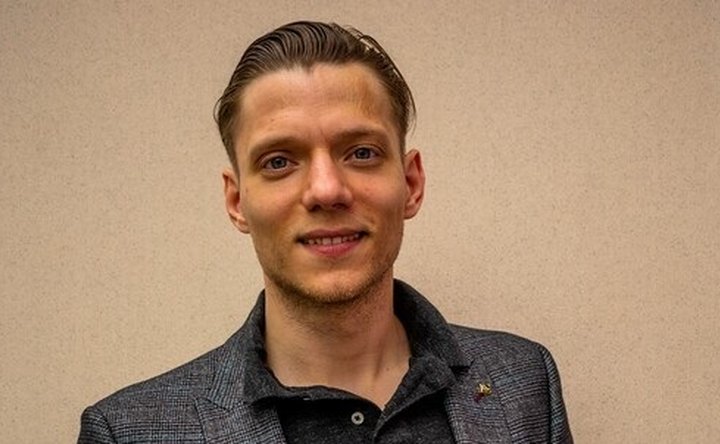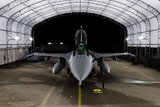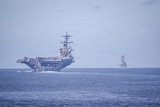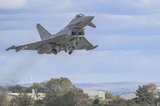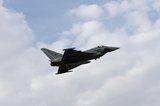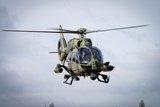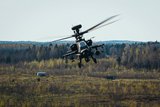UK set to host headquarters for GCAP sixth-generation fighter project, reports suggest
The Japanese and UK governments both said that discussions about the GCAP HQ’s location are ongoing. (Photo: author)
Britain, Italy and Japan are poised to select the UK as the strategic headquarters for the Global Combat Air Programme (GCAP), according to insider sources cited by Reuters.
This move underscores London's pivotal role in an unprecedented international collaboration that holds the potential to attract additional participating nations.
Japan and the UK will assume principal responsibilities for the design and manufacturing aspects of the project. London's extensive and more recent experience in jet fighter development is expected to position it as the driving force behind the programme's orchestration, the sources revealed.
To keep responsibilities and ownership over the programme
Already have an account? Log in
Want to keep reading this article?
More from Air Warfare
-
![Spain air report: Demand builds with $19.7 billion up for grabs in unawarded contracts]()
Spain air report: Demand builds with $19.7 billion up for grabs in unawarded contracts
Despite Spain’s modest GDP spend on defence, the country still has a range of fixed-wing and UAV programme requirements as yet unawarded, with a potential US$3.10 billion set to be spent over the next decade.
-
![Airbus Helicopters sees defence portfolio’s “strong momentum” continue into 2026]()
Airbus Helicopters sees defence portfolio’s “strong momentum” continue into 2026
The aerospace company’s 2025 performance figures revealed significant orders from various European armed forces and a boost in demand for its uncrewed offerings.
-
![January Drone Digest: MALE, rotary-wing and loitering munition UAVs dominate early 2026]()
January Drone Digest: MALE, rotary-wing and loitering munition UAVs dominate early 2026
The first month of 2026 has seen activity in the MALE, rotary-wing, and loitering munition UAV markets, with significant investments and commitments from Germany, Turkey, the UAE and the US. At the same time, questions over loitering munition performance in Ukraine highlight the growing scrutiny alongside rising demand.
-
![Singapore Airshow 2026: Early adopters and big spenders point to UAV market opportunities]()
Singapore Airshow 2026: Early adopters and big spenders point to UAV market opportunities
While an estimated $37.99bn is still to be awarded across the Asia-Pacific uncrewed aerial vehicle market, the balance of potential future spending is unevenly split between various countries, with significant opportunities to be found in the collaborative combat aircraft space.
-
![British Army ACP project progresses with contract selection expected March 2026]()
British Army ACP project progresses with contract selection expected March 2026
Known as Project Nyx, the loyal wingman developed from this initiative will accompany the Apache 64-E and be used to complement tanks and artillery.







